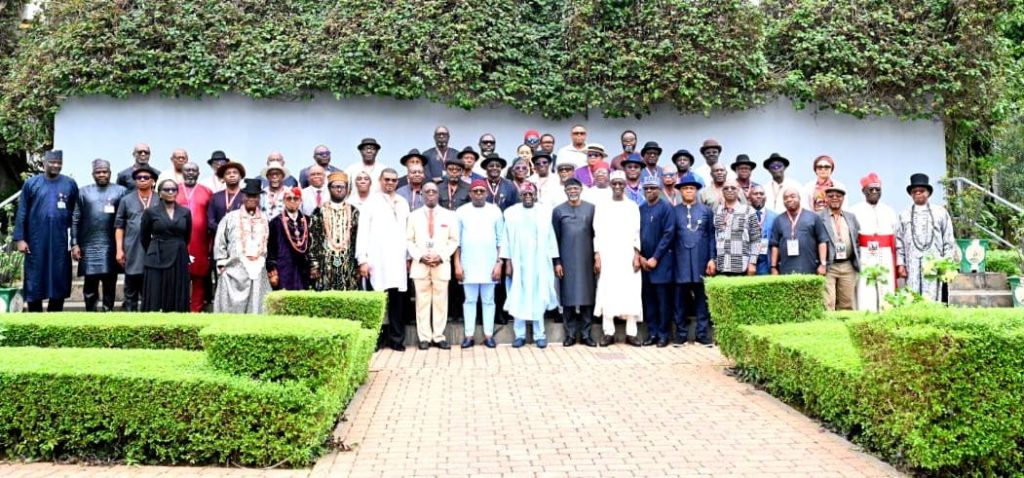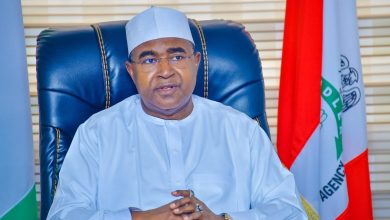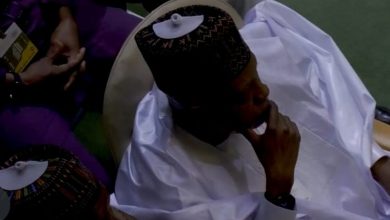Tinubu Awards Posthumous National Honors to Ogoni Four, Pledges Peace and Oil Revival in Ogoniland
President Bola Tinubu has awarded posthumous national honors to four late Ogoni leaders.
Albert Badey, Edward Kobani, Theophilus Orage and Samuel Orage were each named Commanders of the Order of the Niger (CON).
President Bola Tinubu has honored four deceased leaders from the Ogoni community with posthumous national awards of Commander of the Order of the Niger (CON). The recipients Albert Badey, Edward Kobani, Theophilus Orage and Samuel Orage are collectively remembered as the “Ogoni Four.”

The announcement was made on Wednesday at the Council Chambers of the State House in Abuja, where President Tinubu received the report of the Ogoni Consultations Committee led by Rivers State Governor, Siminalayi Fubara. Nearly thirty years ago, the four men were executed during the Ogoni struggle, an event that created long-lasting distrust between the community and the Nigerian government. Tinubu appealed to the Ogoni people to take the awards as a step toward healing and to work together for greater unity and peace.
He reaffirmed his government’s commitment to peacebuilding, environmental restoration and economic revitalisation in Ogoniland. According to him, efforts are ongoing to restart oil production in the area. He noted that in 2022 the previous administration transferred the operation of the Ogoni oil field to the Nigerian National Petroleum Company Limited (NNPCL) and its partners, adding that his administration intends to uphold and strengthen that arrangement.
The President instructed National Security Adviser Nuhu Ribadu to immediately begin talks with Ogoni leaders, the NNPCL and other stakeholders to conclude plans for restarting oil operations. He also directed the Minister of Environment to integrate pollution cleanup and environmental remediation into the wider dialogue. Earlier, Ribadu presented the committee’s report, explaining that the consultations included all four Ogoni zones as well as diaspora representatives, and reflected input from traditional rulers, youth groups, women and civil society organizations.



